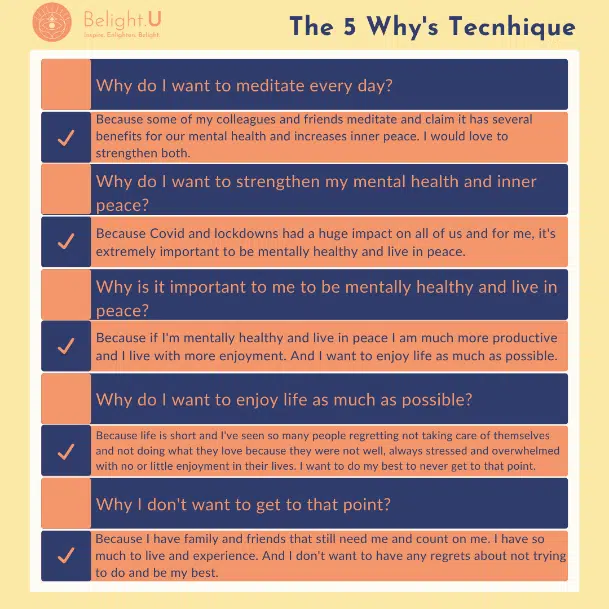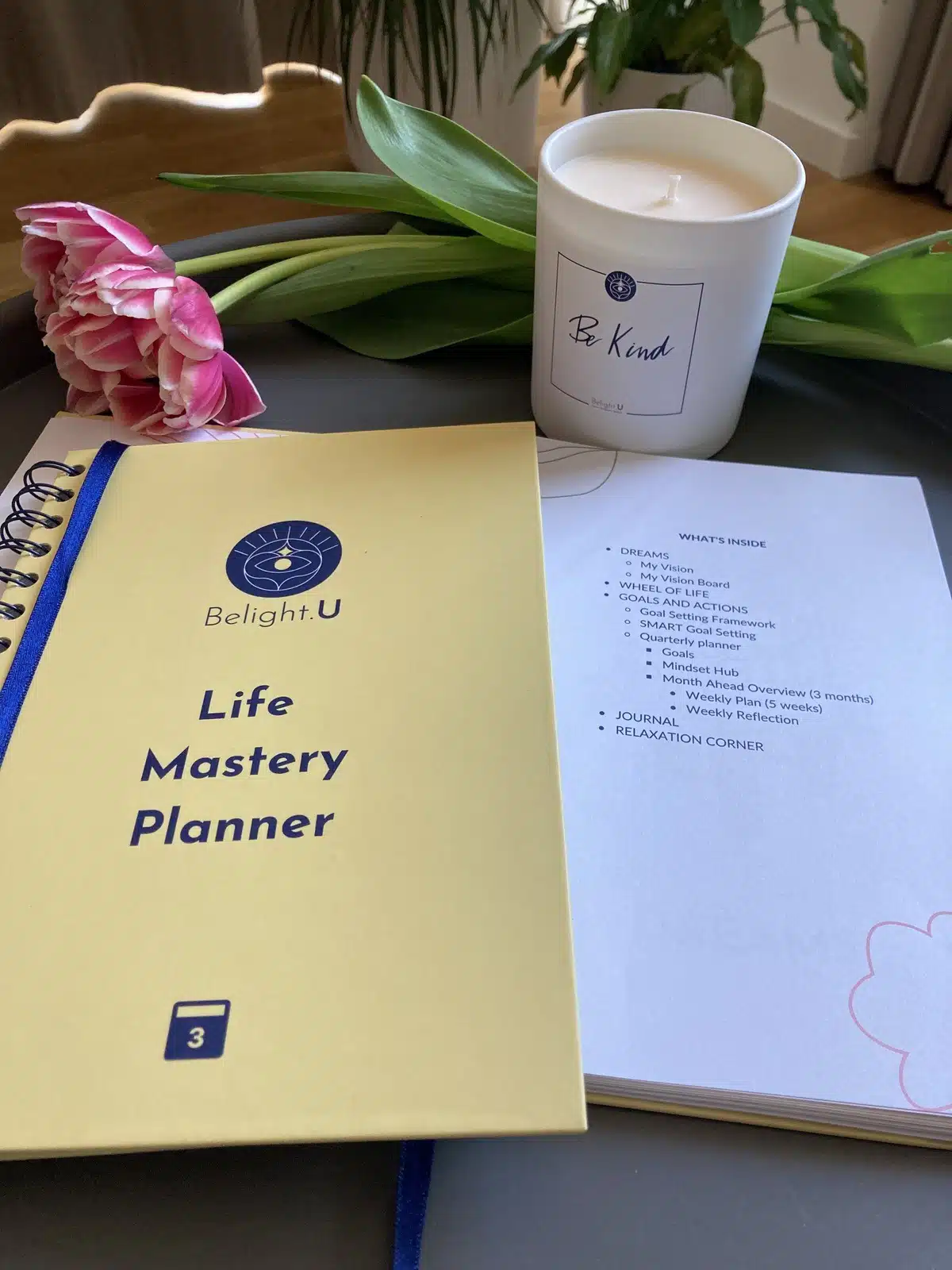Why consistency is my favourite word for this year? Every New Year, people ask about my New Year resolutions. I used to have an extensive list of resolutions that I usually forgot by February which meant most of my New Year resolutions didn’t come to fruition. There was no consistency in how I worked on my resolutions.
I’m not alone in this – research shows that about half of all adults make New Year’s resolutions but less than 10% manage to stick to them for more than a few months.
Does this mean that New Year resolutions are useless? The answer is no. Recent psychological research suggests that there are many good reasons for creating a set of resolutions at the beginning of the year. We just have to understand and use all the tools available to ensure we stick to them and ultimately achieve our goals.
A large-scale experiment on New Year resolutions by Oscarsson M(2020) suggests resolutions can be an effective strategy for behavioural change. The study further suggests that providing people with information, instructions and exercises on effective goal setting increases the likelihood of success.
It doesn’t come as a surprise that the most common New Year resolutions include eating healthily, losing weight, exercising more, quitting smoking, having a better life-work balance, and saving money.
So, why is sticking to our resolutions so difficult? There are several reasons; I’ve seen most people set too many resolutions at the same time leading to failure. We tend to wish and hope – falling into the “false hope syndrome” trap. That’s when we have unrealistic expectations of how much, how quickly and how easy it’ll be to change our behaviour and feel the consequences of those changes. Another common reason is the lack of consistency. Consistency is key to success. Repeating actions, habits and rituals over and over again; asking for feedback, learning and adjusting them accordingly will help us stay on track as we work towards our goals.
My 5 tips to increase the chances of sticking to your resolutions
1. Know your ‘WHY’ and talk to yourself
It’s important to have CLARITY and strong motivation to move forward with a resolution, especially if it’s something that’s not easy or you’re not keen to do. If your ‘WHY’ is strong enough, the chances of you sticking with a resolution increase drastically. To help you find your ‘WHY’ use the 5 WHYs technique. (Check out the example below)

This may seem weird but it’s also important to talk to yourself regularly. Self-talk is a very efficient way to help you move forward. But be careful, there’s positive self-talk and negative self-talk. What you tell yourself will determine whether you succeed in sticking with your resolution. Cultivating a positive and empowering internal dialogue is key.
2. Create less but more realistic resolutions
When it comes to resolutions, less is more. You’ll be more effective in focusing on more realistic resolutions. A great tool to help with this is the WOOP (wish, outcome, obstacle, plan), created by Dr Gabriela Oettingen. Here’s how it works:
- Wish: what is your resolution/goal?
- Outcome: what is the ideal outcome be? What will your life look like when you get there?
- Obstacle: what challenges you might face? What can stop you? What has side-tracked you before?
- Plan: what is your plan? How will you act? When?
Using the WOOP will set you up nicely to create Smart Goals and a plan.
3. Be SMART and Plan
Developing an action plan and setting SMART goals will drive you more efficiently towards your goals and is another tool to help you be consistent and stick to your resolutions.
Check out our Reflection & Goal Mastery Workbook and our Life Mastery Planner.
4. Be Accountable and Self-compassionate
It’s great to have an action plan but nothing changes if you don’t follow it. Think about how you’ll be accountable. What mechanisms will you put in place that work for you?
Some methods that work well with my coaching clients include:
- Add your actions/steps to your calendar
- Ask a friend to be your accountability partner
- Track your progress
- Create a rewarding system or a penalty
- Celebrate small wins
- Make it fun
Congratulations you have a plan but remember to be flexible when life gets in the way. Be compassionate with yourself and if you fail, don’t give up. Try again.
5. Be Consistent
Being a mother and a businesswoman, I know how hard it is to juggle many things daily. Sometimes I fail and when I do, I start again!
The keyword is consistency. Be consistent and persistent.
Believe that you can do it and do it!
References:
Oettingen, Gabriele (2014). Rethinking Positive Thinking: Inside the New Science of Motivation. New York.
Oscarsson M, Carlbring P, Andersson G, Rozental A (2020). A large-scale experiment on New Year’s resolutions: Approach-oriented goals are more successful than avoidance-oriented goals. PLoS ONE 15(12): e0234097. https://doi.org/10.1371/journal.pone.0234097





